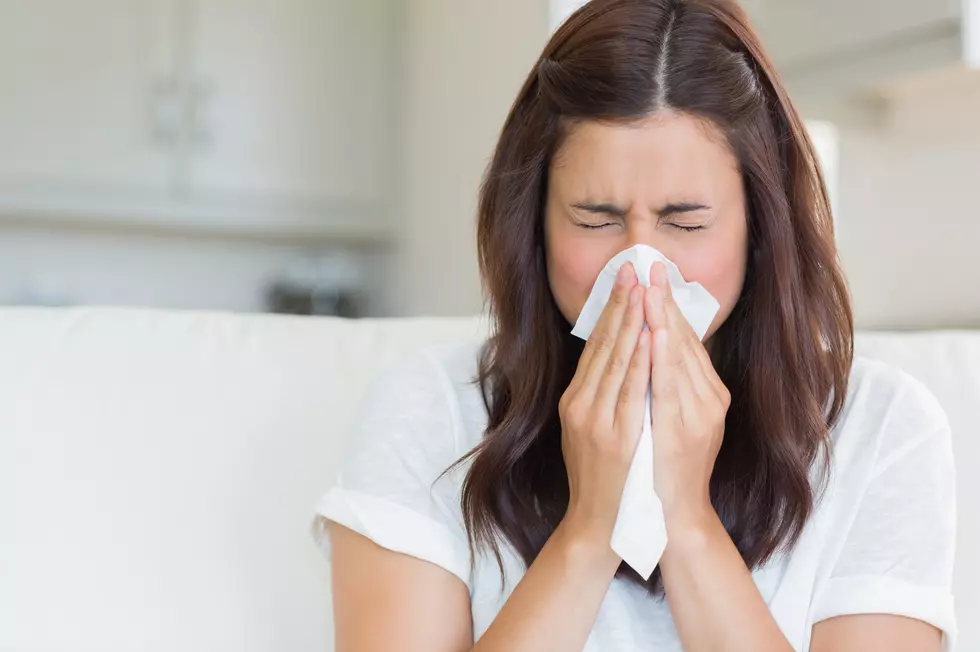
CDC Offers Guidance on When to Get Your Seasonal Flu Shot
There has been an abundance of discussion over if and when a vaccine for COVID-19 will be ready in time for the Fall and Winter months in the United States. While that certainly is and should be a focus of pharmaceutical companies and the Centers for Disease Control and Prevention, we shouldn't lose sight of the fact that "regular" flu season is about to begin and ramp up over the next few weeks.
The issues we tend to see annually regarding seasonal flu shots usually revolve around timing. If you get your flu shot too early are you leaving yourself exposed to possible illness later in the flu season.
Also, if you get the shot too early, will you be getting the best flu shot for a particular flu season. You see, the flu vaccines change every year in response to mutations and changes in the virus itself.
The Centers for Disease Control and Prevention suggests that you do get a flu shot this year and every year. They recommend that you get your vaccination before the end of October. That makes sense to me. This way you should not only be protected for the entire length of the flu season but by waiting until October, you know you'll be getting the best protection against the most current flu viruses.
As always your best resource is to consult your personal medical professional. They will offer guidance on what vaccine will be best for you and when the best time will be for you to take that vaccine. Many insurance providers cover the cost of flu shots and the places that offer them range from private doctor's offices to walk-in clinics, and many drug stores offer the shots as well.
Elected Officials In Louisiana Who Tested Posted For Coronavirus
More From 97.3 The Dawg









